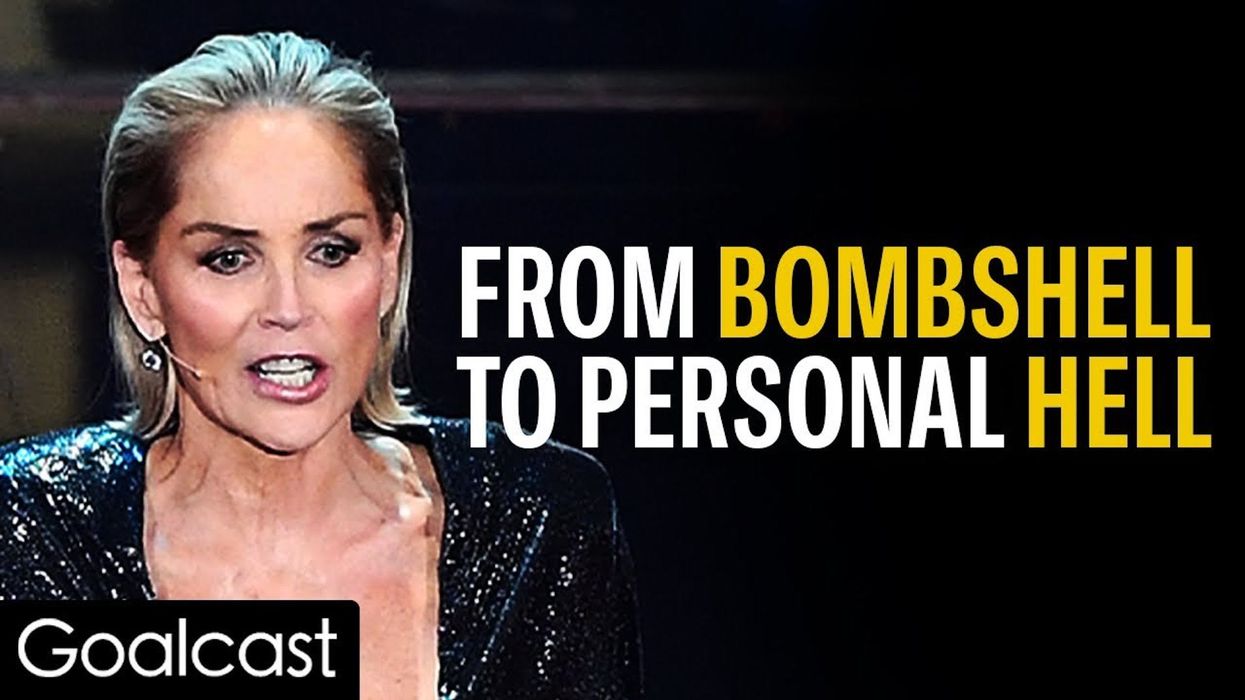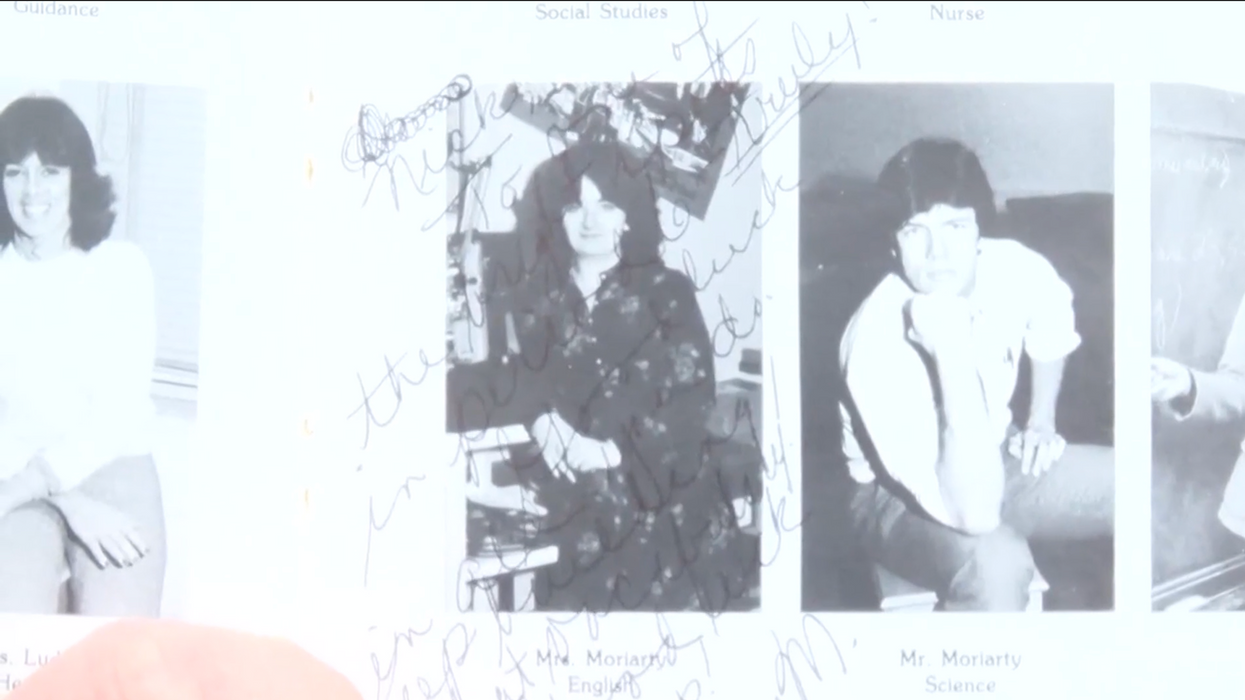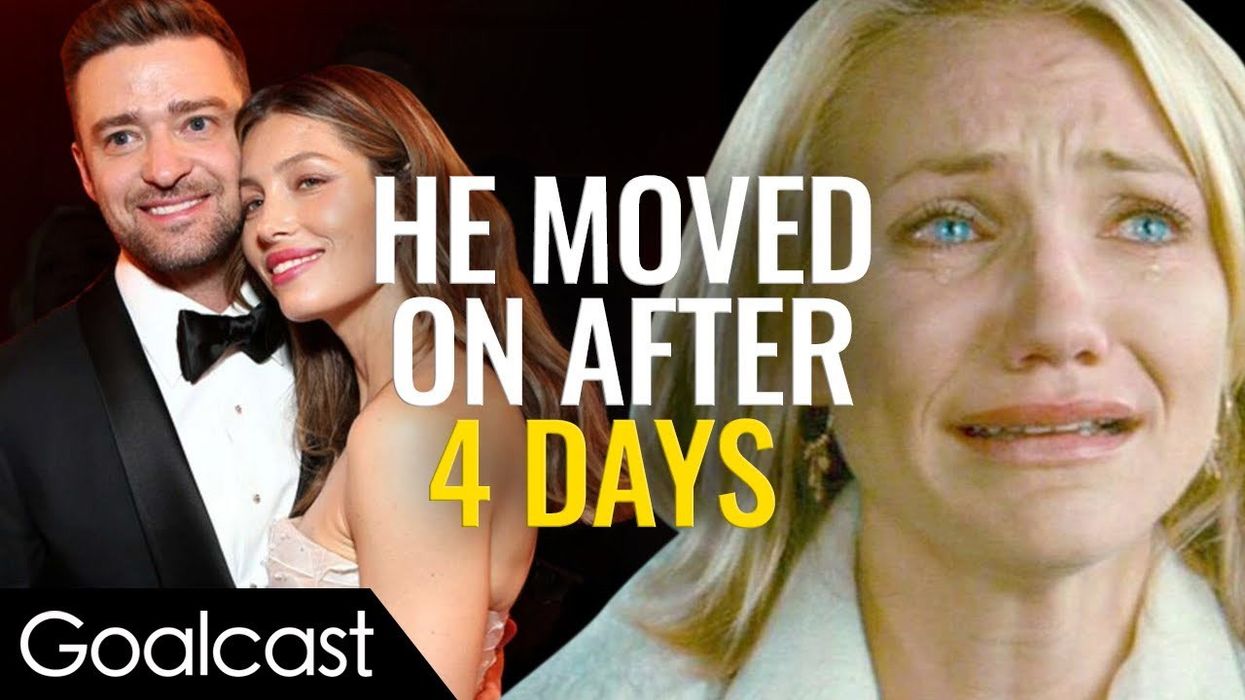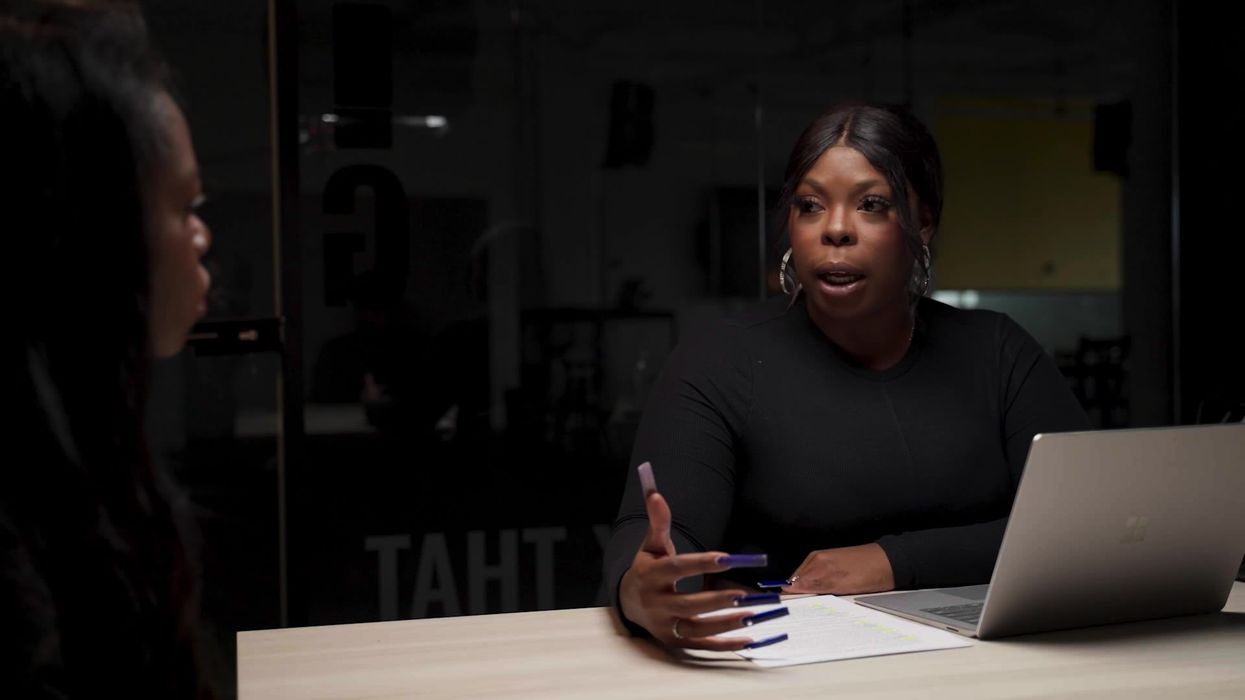
Don't Be a Tool: Balancing Work and Well-Being in the Digital Era
Stop to reflect long enough, and you’ll realize that we are living through one of the most interesting times in human history. We maneuver our days with small computers in our hands, all connected through a virtual world that would have seemed unreasonable to our ancestors. Most people did not predict how quickly our society has shifted over the past two decades. We’re moving faster than ever before, and the impacts for how we live and work have been enormous.
On the one hand, your devices are a blessing. You have access at your fingertips to infinite resources, applications, and information that can transform your personal life, career or business at any time.
On the other hand, your pieces of technology can become a curse. You’ve got some powerful tools in your hands, and if you don't stay in control of them, they can deflect your focus and energy towards things that will hold you back from achieving your goals. For every person that uses technology effectively, many more are abusing the capabilities of their devices.
Don't Be a Tool: Balancing Work and Well-Being in the Digital Era
The real danger is not that computers will begin to think like men, but that men will begin to think like computers.- Sydney Harris
Technology, no matter how innovative and advanced it becomes, will never take away the fact that each of us has a unique set of needs for being healthy, happy and productive. I’m approaching this article picturing you as an ambitious, driven, and practical person that’s eager to understand how technology might help or hinder you on the path to your goals.
Below, you’ll find three potential risks to your well-being and productivity that come with working in the digital era, and how you can choose to respond to them to ensure that you remain in control of your life and goals.
Agreeing to work remotely -- even if it's not healthy for you
The cubicle life? That’s so last decade. In 2017, working from your computer on your own time is growing increasingly popular. One poll indicated that over 60% of people are generating a portion of their income working from home or remotely.
While that number may be skewed towards the younger population, it is quickly becoming less about the future workforce and more about the present. If you work for someone else, there’s a good chance that you’ll be working remotely in the near future. If you work for yourself as a freelancer or entrepreneur, chances are you already do.
Keep these pros and cons of remote work in mind, and use them to determine how much of it you can handle.
Pros
- Being able to work and travel at the same time
- Setting your own schedule or being able to earn an income around other obligations (such as family)
- Being able to work on multiple projects at once and have more regular clients
- Being more able than ever before to start a “side hustle” business online
Cons
- A lack of community or tight-knit camaraderie that can come with working around others
- Remote work can be competitive and difficult to obtain, depending on your skill set
- The lack of structure may lead to a decrease in productivity
- Benefits like health insurance aren’t usually offered to freelancers.
Verdict
Are you more social than most? Do you think of yourself as introverted? Does paying for health insurance out of pocket make you squirm?
Then working remotely may not be right for you, at least full time.
Alternatively, if your personal life would benefit from working remotely, maybe seek out opportunities to do so, and sooner rather than later. There’s a strong possibility that all of us will be working remotely at some point in our lives. So if your company doesn’t currently offer remote work opportunities, it might benefit you to get ahead of the curve. Any chance you have to stay in the trenches learning to use new technology will benefit you as an employee in the digital era, even if it’s a few hours a week.
Not setting boundaries for yourself and your work
Like it or not, we live in a society where “more” and “faster” are celebrated, if not expected. Ten minutes after we discover that our domestic flight offers free wifi, the guy in seat 12B gets upset that the Internet speed is not as fast as he’s used to. Many of us don’t even think twice about rushing to check the email or message we're sent late at night when we should be asleep.
In many ways, we’re currently rewriting the books on what it means to have healthy boundaries. Not everyone has a clear idea of when more becomes too much and faster becomes too fast to keep up. Why? Because “this” -- the sum of everything technology has made feel “normal” to us -- is the most we’ve ever had, and still it never feels like enough.
Exceed your boundaries too often, and the life you’re living won’t feel good.
Risks to be aware of when setting your boundaries:
- Staying present and engaged in work and conversations can be difficult with your phone around and constantly on
- You risk suffering from anxiety and burnout by never disconnecting from the digital world
- Giving unfair leverage to your employers by agreeing to be “on call” 24/7, even if your contract doesn’t state that you’re required to be.
- Certain people will pressure you into learning or adopting specific technologies (and judge you if you’re unwilling to)
Verdict
Boundaries are a personal thing that you must set for you own health and goals. Staying up to binge watch Netflix on your computer may be a showcase of how far technology has come, but if you have to be up early for work, you’re abusing something you’re fortunate to have. Shut your phone off or find another way to ensure you are in alignment with your goals.
Don’t let others influence you to exceed your personal boundaries with anything, let alone how you choose to use technology. Whether your goal is to eventually work 100% remotely, or if you simply love sitting around playing games on your iPad, don’t let the opinions of others change how you feel.
Stressing about having to keep up with how others use technology
Change takes time. Even if we’re moving quicker than ever before, there will always be people resistant to changing from the status quo. There are people everywhere that say they will never get a smartphone, smart tv, smart-whatever. Eventually, they will come around.
Wherever you're at in your own relationship with technology, it's important for you to stop caring about how others choose to use their own devices. Assess where you’re at with it, where you’re comfortable being, and what is healthy for you.
Take control
Wherever you stand, the digital era -- what we once referred to as “the future” -- is here. Things are only going to get faster, and it will benefit you in many ways to jump on the wagon now. Just remember that it’s up to you to decide the role technology will have in your life, and act accordingly.




















 Two of Mr. Moriarty's students pose with their yearbook from 1982.WHAM via CNN / Video
Two of Mr. Moriarty's students pose with their yearbook from 1982.WHAM via CNN / Video man holding a yearbookWHAM via CNN / Video
man holding a yearbookWHAM via CNN / Video Black and white photos from school yearbookWHAM via CNN / Video
Black and white photos from school yearbookWHAM via CNN / Video Patrick Moriarty (center, blue shirt) and a group of his former students watched the solar eclipse together on Monday in New York.Caitlin Moriarty Hynick
Patrick Moriarty (center, blue shirt) and a group of his former students watched the solar eclipse together on Monday in New York.Caitlin Moriarty Hynick











